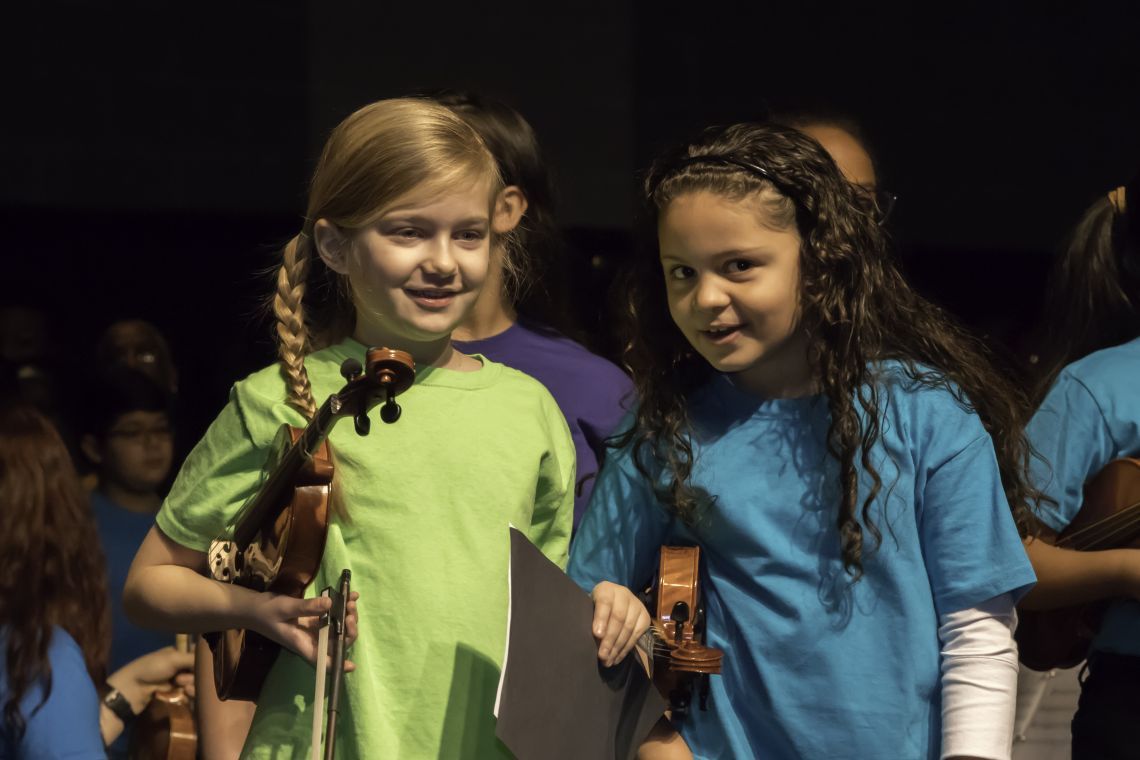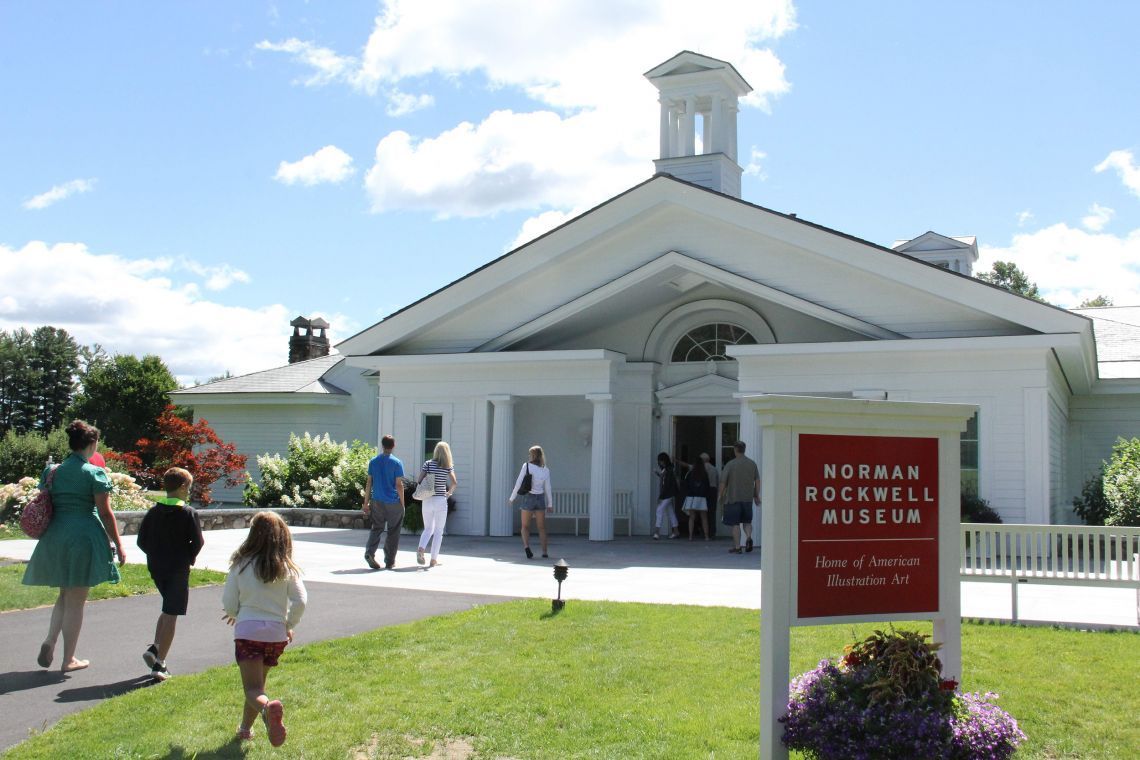CultureRx: Findings from the Berkshires & Springfield

About the Project
With a strong foundation in this literature and an existing mission that views access and participation in arts and cultural experiences as central to health and well-being, the Massachusetts Cultural Council (MCC) enlisted the Public Health Institute of Western Massachusetts (PHIWM) to evaluate a pilot project and perform an assessment of a community considered key to understanding and expanding their “CultureRx” initiative, one situated in Springfield (Caring Health Center) and the other in the Berkshires (MACONY Pediatrics). Specifically, this work focuses on:
- A “Social Prescription” pilot in the Berkshires whereby free “tickets” were provided as “prescriptions” to families by a pediatric practice nurse care coordinator to experience one of five arts or cultural organizations located in that region.
- An assessment in Springfield whereby members of the arts, cultural, and healthcare communities provided advice and guidance as to how bridges between the two sectors could enhance quality of life for residents in our area while at the same time increase access to arts and culture programming.
Through both the pilot evaluation in the Berkshires and the Springfield assessment, PHIWM:
- Tested the concept of increasing access to the arts through partnering with healthcare providers;
- Tested the concept that healthcare providers would consider arts and culture programming as a potential “healing outlet” for ailing patients;
- Examined the ways arts and cultural experiences may be beneficial to health and well-being;
- Identified what supports or processes are needed in order for arts prescription programs to become fully integrated into community health centers’ prescription practices; and
- Gathered perspectives across residents, healthcare, arts and cultural organizations to understand what types of strategies could help create partnerships across two sectors that rarely or untraditionally work together.

The Pilot evaluation and assessment participants included health care providers, community health workers and patient navigators, community partners, a cultural council, representatives of arts and cultural institutions and programs, individual artists, and most importantly, patients, and participants in the program offerings.

